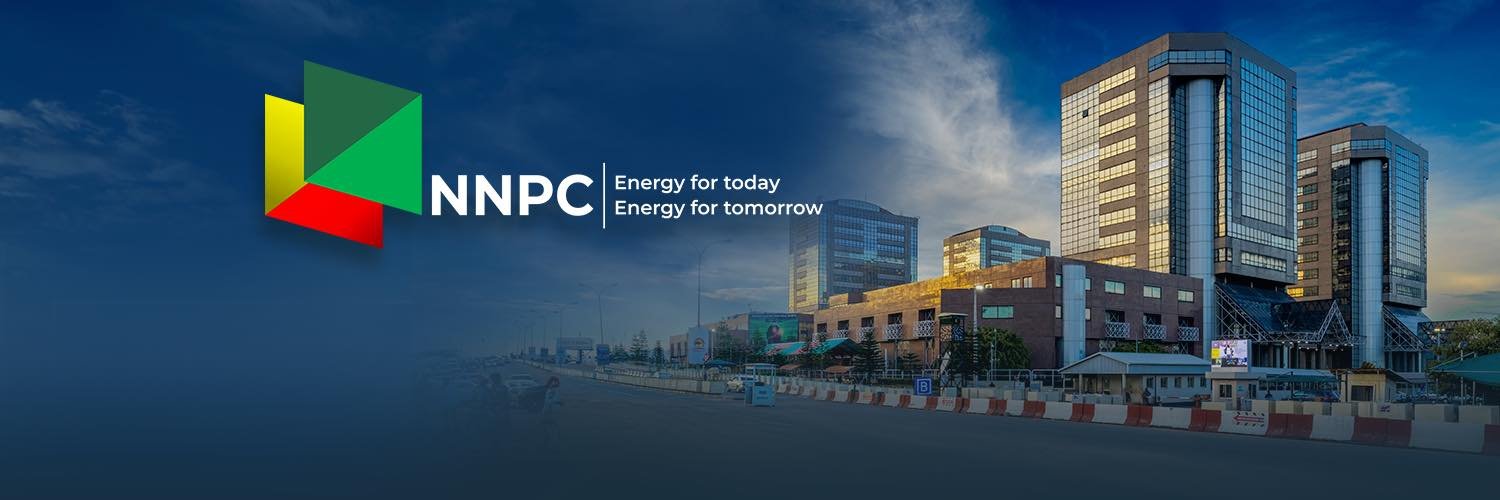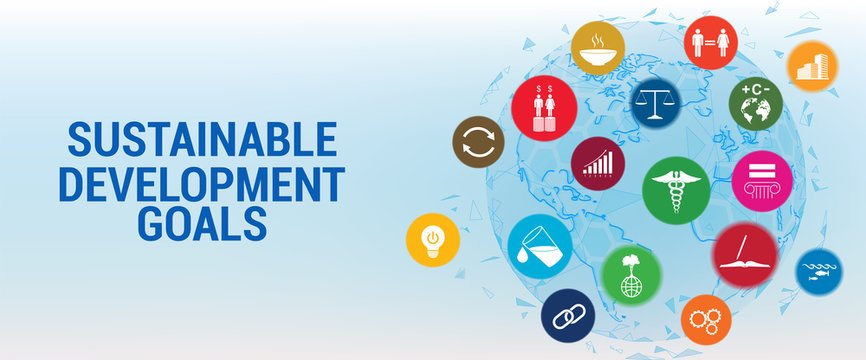From Ndubuisi Orji, Abuja
After the rejection of five gender bills in the 9th Assembly, the 10th House of Representatives is intensifying efforts to mainstream gender issues into the ongoing constitution review exercise.
At the inception of the 10th assembly, the House leadership said the parliament will revisit the bills. The speaker, Abbas Tajudeen and the deputy speaker, Benjamin Kalu, at the different fora, has continued to assure that the House will push for the passage of the bills in the ongoing constitution review exercise.
Abbas had said: “I understand the frustration of women following the rejection of the gender bill in the 9th House of representatives. That bill failed to pass because of the challenges of finding modalities for its success. But the 10th House will be revisiting the bill as part of our legislative agenda, and we believe that working together with the women and stakeholders, we should be able to have a law that will benefit the women and all Nigerians and improve governance in Nigeria.”
Similarly, the deputy speaker, who chairs the House Special committee on the Review of the Constitution, says for starters, the parliament will find out why the bills did not scale through, in the last assembly, promising that all the issues, if not completely addressed, will be “comfortably solved”, in the overall interest of the country.
According to him, “ we are all aware that any society that is desirous of achieving equitable development, cannot sidestep such fundamental matters as gender equity and women empowerment. This is particularly important in a country like Nigeria where women and girls make up 49.32 per cent of the population. In real terms, this should reflect the proportion of representation in the majority of our institutions, including the legislature where we have only 4% of women.”
The federal legislature, had on March 2, 2022, during voting on constitution alteration bills, rejected five gender bills, championed by women groups to address the low number of women in elective offices, amongst other issues.
Specifically, the bills had sought to alter the 1999 Constitution(as amended) to grant citizenship to foreign husbands of Nigerian women, as is currently applicable for foreign wives of Nigerian men; to allow women to claim their husbands’ state of origin, after at least five years of marriage and to cede 35 percent of appointive positions in government and political party administration to women.
One of the bills had also sought to create a total of 147 special legislative seats for women in the National and state assemblies. These consist of 37 Senate seats, 74 House of Representatives seats and 36 seats in the 36 state Houses of Assembly. Nevertheless, they were rejected in both chambers of the National Assembly.
In the last few months, the House Committee on Constitution Review has tried to walk the talk, regarding the reintroduction of the gender bills and galvanizing support for them. This, according to the deputy speaker, is because the 9th House recognizes that increased women representation in governance, is an “essential component’ of the country’s democratic “journey.”
For instance, last July, the House reintroduced the bill to create special seats for women in the National and states Houses of Assembly. The bill, which was sponsored by Kalu and 13 others was passed for second reading. This, however, was not without opposition from some members.
One of the sponsors, Joshua Gana, while leading debate on the bill, had noted that the proposed legislation to alter Sections 48, 49, 71, 77,91 and 117 of the 1999 Constitution (as amended) said that the special seats are subject to review every 16 years.
He explained that: “the rationale behind this amendment is grounded in the principles of fairness and inclusivity. Globally, Nigeria lags behind in women’s representation in parliament, ranking among the lowest. Countries that have implemented affirmative action, like Rwanda and Andorra, have seen significant strides towards gender equality in governance.’
Gana stated that the “bill proposes a temporary measure of seat reservation for women to catalyse similar progress in Nigeria, ensuring that women’s perspectives and priorities are fully integrated into our national and sub-national decision-making processes.”
The lawmaker further stated that “the issue of gender equality and representation lies at the heart of our constitutional democracy. Despite the constitutional guarantee of equal rights, the representation of women in our Legislative Houses has been alarmingly low.
“In the 7th, 8th, and 9th Assemblies, women accounted for only 6.4%, 6.1%, and 2.7% of the Senate respectively; and 6.4%, 3.05%, and 4.7% of the House of Representatives respectively. These statistics underscore the urgent need for proactive measures to ensure equitable representation and amplify the voices of women in our legislative houses at the national and sub-national levels.”
Nevertheless, Patrick Umoh, in his contribution, kicked against the proposed legislation, saying that it would run counter to the constitution. Umoh said: “we may sound very emotional about this bill. But the reality is that when a bill is being considered in the House of Representatives, we must accord with the principles as enshrined in the constitution of Federal Republic of Nigeria. And the law is that every law that is inconsistent with the law of the constitution of the federal republic of Nigeria, it is to the extent of its inconsistency void.
“My position is that we support equality of every individual. But we should oppose every law that challenges any position of the constitution. The constitution is clear in terms of equality, as it relates to gender, as it relates to race, as it relates to religion.
“We may be excited about the law today, but we must look at posterity. We must look at the grundnorm of the Federal Republic of Nigeria, which is the constitution. And the constitution frowns at race, sex or religion.”
Last month, the House Committee on Constitution Review held an International Legislative Dialogue on women and constitution amendment in Nigeria to galvanize support for women issues in the ongoing constitution alteration exercise.
Abbas, who delivered the keynote at the event, explained that the conference organized by the House Committee on Constitution Review was intended to come up with actionable plan for reform, in the ongoing constitution alteration exercise. According to him, increased representation of women in elective offices, is a necessity for sustainable development.
“Around the world, and particularly in Africa, we see encouraging examples of gender inclusion. Rwanda, with over 60 per cent women representation in its parliament, has shown us that robust, intentional policies work. South Africa, Namibia, and Senegal have all taken significant strides toward inclusivity, reshaping their political landscapes in ways Nigeria can learn from. These countries have demonstrated the profound impact of women’s perspectives on governance and development.
“For Nigeria, the current numbers are disheartening. Since 1999, women’s representation in our National Assembly has remained disappointingly low. Despite notable contributions from Nigerian women across various sectors, only 20 of the 469 seats in our National Assembly are occupied by women. This stark gap speaks not of a lack of capable women but of institutional barriers we must dismantle.
“Some view increased women’s representation as a threat to the status quo. But, ladies and gentlemen, inclusion is not displacement—it is partnership. Women’s presence complements the contributions of men, enriching the policy-making process. If we trust women to shape our homes, nurture our families, and educate our children, we must trust them to contribute to shaping our nation’s future, “ he stated.
The deputy speaker, while speaking at the event, recalled that in the 2023 general elections, only 1,552 women out of 15,307 candidates were fielded by the 18 political parties. Consequently, he called for support for the gender bills before the parliament, so to ensure that women are given an opportunity to make their contributions to the political development of the country.
Kalu said: “we have proposed bills aimed at correcting the gender imbalance within government at all levels. One such critical bill, “A Bill for an Act to Alter the Provisions of the Constitution of the Federal Republic of Nigeria, 1999 to Provide for Seat Reservation for Women in the National and State Houses of Assembly” (HB 1349), alongside four other gender justice bills, are under consideration.
“This proposed legislation is designed to remedy the low representation of women by creating additional seats specifically for female candidates in national and state legislatures.
“The bill reflects a pragmatic approach by proposing a temporary measure—an approach that has worked effectively in other countries to fast-track women’s representation in governance. These reserved seats are not a permanent fix but are structured as a “Temporary Special Measure,” subject to review after four general election cycles, or 16 years. At that time, stakeholders will assess whether the measure should continue, be adjusted, or be phased out based on progress made, “ Kalu stated.
For the deputy ambassador, European Union ( EU) Delegation to Nigeria and ECOWAS, Zissimos Vergos, the importance of women’s representation in governance as both a fundamental right and a driver of inclusive growth cannot be overemphasized.
Vergos explained that the active participation of women at all levels of governance and politics is crucial to achieving equality, sustainable development, peace, and democracy. According to him, “women’s participation in politics helps advance gender equality and affects both the range of policy issues that are considered and the types of solutions proposed. Whether a legislator is male or female has a distinct impact on their policy priorities. “
Nevertheless, analysts say beyond the assurances by the House leadership on the proposed legislations, proponents of the gender bills have a lot of work to do, especially in the area of advocacy and intensive sensitization on the significance of the bills to the polity. This is especially because, beyond the reintroduction of the bills, they require two/ third of votes in the two chambers of the National Assembly, as well as two third of state Houses of Assembly, to become law.







